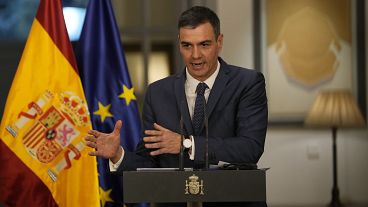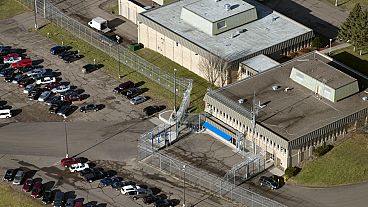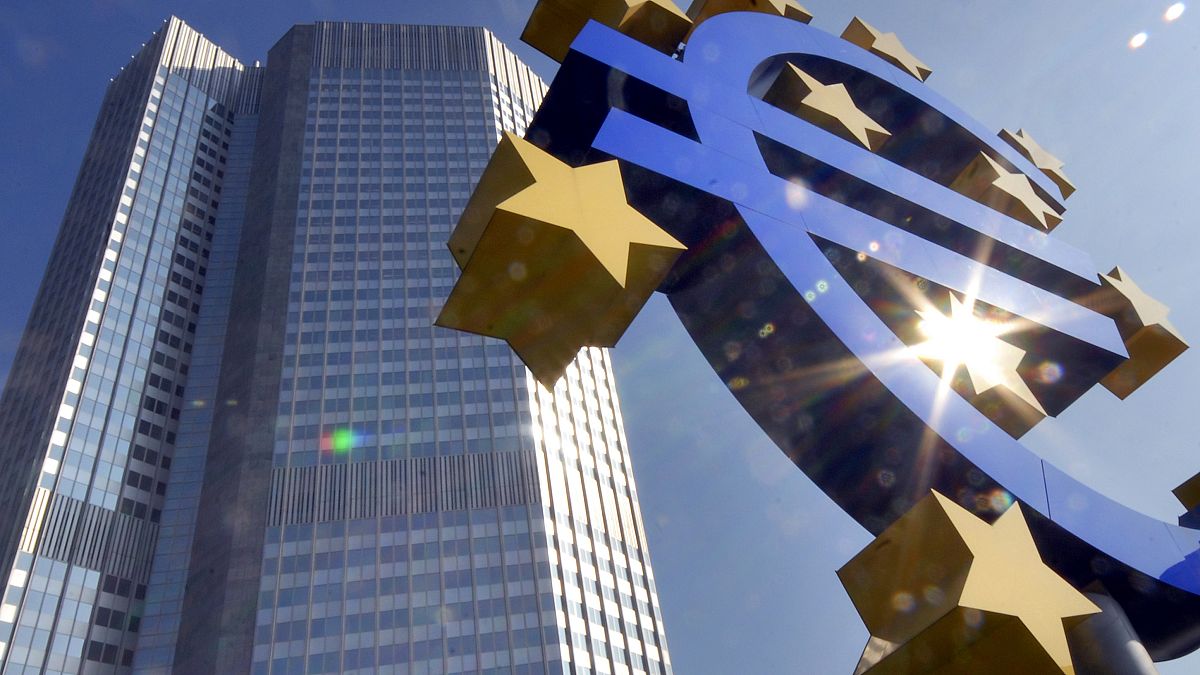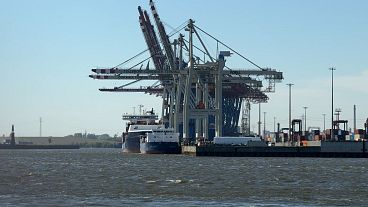Eurozone inflation rose to 2.6% in July, exceeding expectations and casting doubt on potential ECB interest rate cuts in September. Energy prices significantly contributed to the rise.
Inflation in the eurozone rose again in July, defying economist expectations and raising some questions about the feasibility of rapid interest rate cuts by the European Central Bank.
The harmonised index of consumer prices in the eurozone increased by 2.6% year-on-year in July, slightly up from 2.5% in the previous month, according to preliminary estimates from Eurostat released on Tuesday. Notably, the July annual inflation rate exceeded predictions of a drop to 2.4%.
Energy costs were a significant driver, with prices rising 1.3% on a monthly basis, a sharp increase from the 0.2% rise in June. Non-energy industrial goods also saw a faster increase at 0.8% compared to 0.7% in June.
Services had the highest annual rate in July at 4.0%, compared with 4.1% in June, followed by food, alcohol, and tobacco at 2.3%, compared with 2.4% in June. Excluding food and energy, core inflation held steady at 2.9% year-on-year in July, surpassing market expectations of a decline to 2.8%.
Germany’s inflation rises, price pressures slow in Spain and Portugal
Among eurozone members, Belgium continued to experience the highest annual inflation rate in July at 5.6%, the highest since January 2023. However, on a monthly basis, inflation in Belgium decelerated by 0.6%, reversing a 0.5% rise in June. In Germany, harmonised consumer prices rose by 2.6% compared to July 2023, marking a slight increase from the previous 2.5% rate.
On a monthly basis, inflation in Germany accelerated by 0.5%, up from a 0.2% increase in June. The Netherlands also saw inflation inch up further from 3.5% to 3.6%, reaching the highest level since July 2023.
In contrast, consumer prices dropped significantly in both Spain and Portugal. Spain's annual harmonized inflation rate fell from 3.6% to 2.9%, while Portugal's dropped from 3.1% to 2.7%.
Both countries saw the largest monthly decreases, with Spain and Portugal experiencing drops of 0.7% and 0.8%, respectively. France saw only a minor increase in annual inflation, rising from 2.5% to 2.6%.
Will the ECB cut interest rates in September?
The July inflation report marked a setback in the eurozone's disinflation efforts, with the uptick surprising economists who had expected further easing.
Markets currently anticipate a 90% probability that the European Central Bank will cut interest rates at its meeting on 14 September.
However, the latest inflation data may prompt some reconsiderations, particularly among the more hawkish members in Frankfurt.
Earlier this month, the ECB's monetary policy statement reiterated that it is "not pre-committing to a particular rate path." President Christine Lagarde emphasised this during her press conference, stating that decisions will continue to be data-dependent and made on a meeting-by-meeting basis.
“The figures are hotter than the forecasts, but they have not rocked the boat in terms of rate expectations for the ECB. I still expect a second rate cut to come in September. A fluctuating inflation figure around current levels is exactly what the ECB has been basing its projections on, so there is not too much to learn from small amounts of volatility in the headline figure,” commented Kyle Chapman, FX Markets Analyst at Ballinger Group.
Market reactions: Euro steady, European stocks trim gains
Market reactions were muted shortly after the release of the July inflation data. The euro remained steady at 1.0820-1.0830 against the greenback, ahead of the Federal Open Market Committee meeting today. Fed Chair Jerome Powell is set to speak at 20:30 CET.
The euro was 1.2% lower against the Japanese yen, as the Bank of Japan raised interest rates and reduced its bond purchasing programme.
European sovereign yields were generally unchanged, with German Bund yields at 2.33%.
Stocks slightly trimmed session gains. The Euro STOXX 50, which opened 1.2% higher on Wednesday, was 0.8% higher by 11:30. ASML Holding was the top gainer, up over 5%, followed by Danone and Airbus, up 3.8% and 3.6%, respectively. The major laggard was Banco Bilbao Vizcaya Argentaria, despite reporting stronger-than-expected earnings and revenue last quarter.
The German DAX rose 0.4%, while the French CAC 40 outperformed, up 1.3%. The Spanish IBEX 35 dropped 1.3%, while the Italian FTSE Mib inched 0.2% higher.















